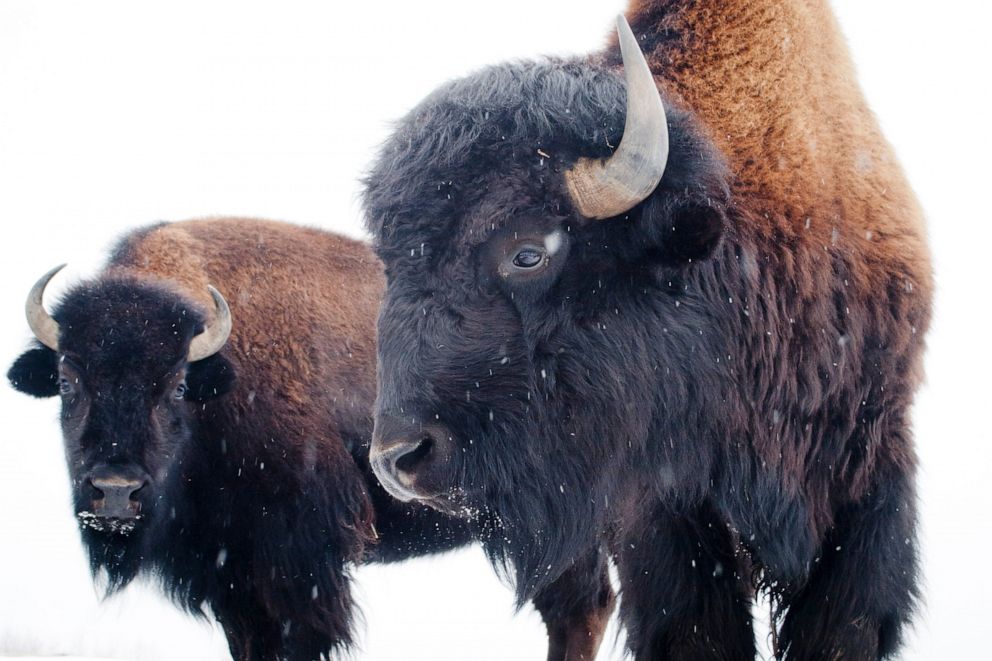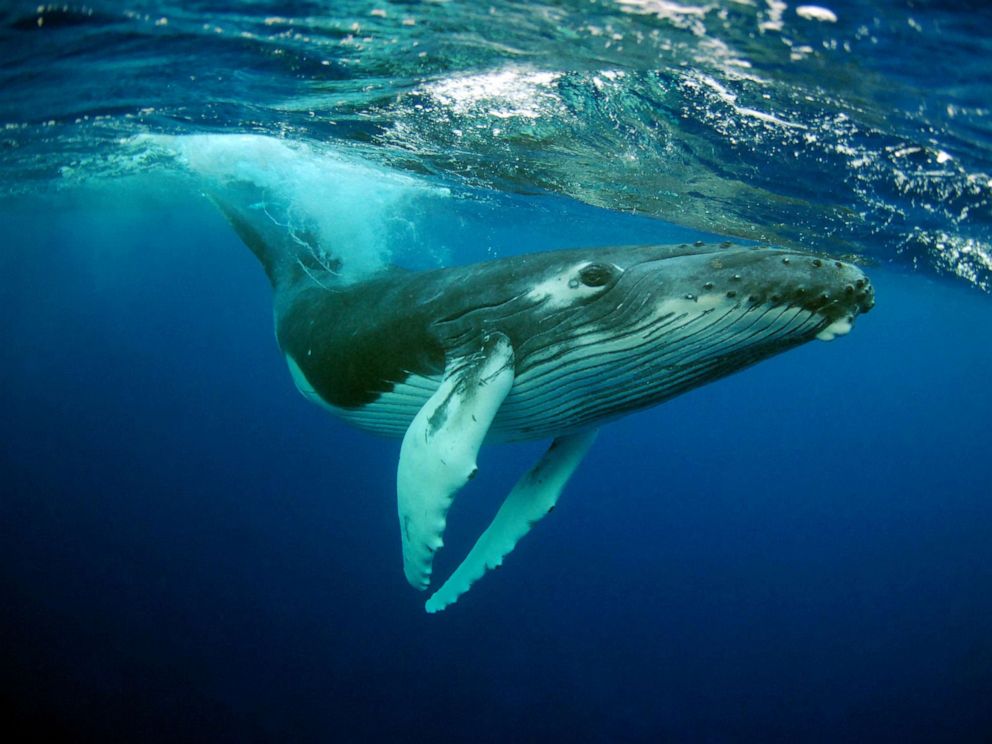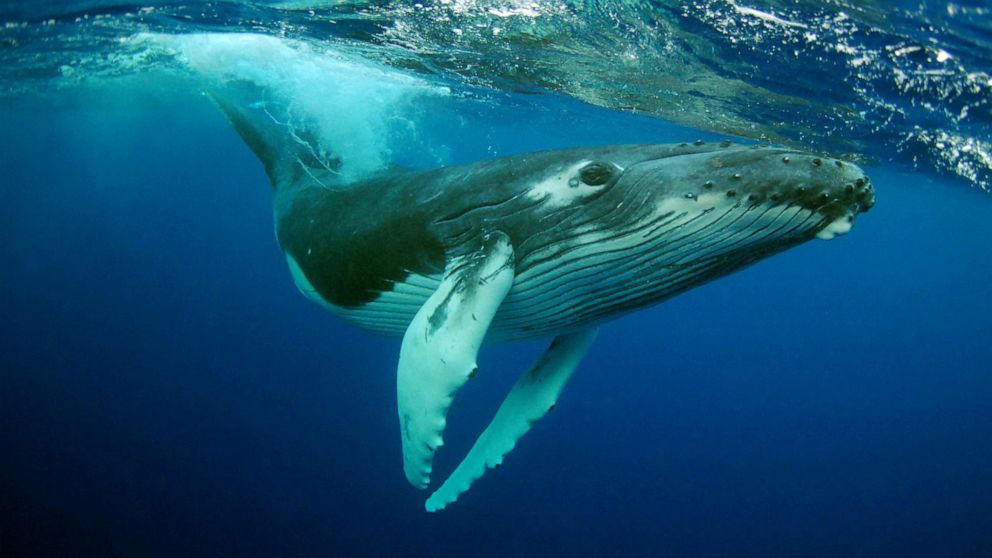Earth Day 2019: Everything you need to know
People around the world are coming together Monday to celebrate the planet and take action to protect it.
Here's everything you need to know about Earth Day 2019.
When is Earth Day?
First celebrated in 1970, Earth Day takes place worldwide on April 22. This year's event falls on a Monday.
What is Earth Day and why do we celebrate it?
Various events are held annually on Earth Day across the globe to show support for protecting the environment.
U.S. Sen. Gaylord Nelson, a Wisconsin native, is largely credited for organizing the first Earth Day in spring 1970, when it was still legal for factories to spew noxious fumes into the air or dump toxic waste into streams. That's because the U.S. Environmental Protection Agency didn't exist yet, and there were no laws to protect the environment.
Nelson recruited Harvard University professor Denis Hayes to coordinate and promote Earth Day nationally. The event was a success.

Twenty million Americans took to the streets on April 22, 1970, demanding action on environmental pollution. That December, Congress authorized the establishment of a new federal agency, the EPA, to ensure environmental protection.
The passage of the Clean Air Act, Clean Water Act, Endangered Species Act and many other landmark environmental laws followed soon after, according to the EPA.
Earth Day went global 20 years later, mobilizing 200 million people in dozens of countries and putting environmental issues on the world stage.
Now, more than 1 billion people in 192 countries are estimated to participate in Earth Day activities every year, according to Earth Day Network, a Washington, D.C.-based nonprofit that organizes the event worldwide.
What is the 2019 theme?
This year's Earth Day is dedicated to protecting millions of plant and animal species from going extinct, according to the Earth Day Network.
The rapid rate of extinction Earth is experiencing today is a direct result of human activity, according to the organization.
"Unfortunately, human beings have irrevocably upset the balance of nature and, as a result, the world is facing the greatest rate of extinction since we lost the dinosaurs more than 60 million years ago," the organization states on its website.

Climate change, deforestation, habitat loss, trafficking and poaching, unsustainable agriculture, pollution and pesticide are just some of the devastating factors that have led to the loss of species.
Which species are declining?
Earth is facing a "mass extinction" of all species of mammals, birds, reptiles, amphibians, arthropods, fish, crustaceans, corals and other cnidarians, and plants, with between one and five species going extinct every year, according to the Earth Day Network.
Additionally, Earth Day Network notes:

What are goals of this year's Earth Day theme?
The rapid rate of extinction can still be slowed, and many declining, threatened and endangered species can be recovered, according to the Earth Day Network.
This year, the organization aims to:

All living species have intrinsic value and play a specific role in the circle of life, according to the organization, which hopes to build a united movement of consumers, voters, educators, faith leaders and scientists to demand immediate action.




